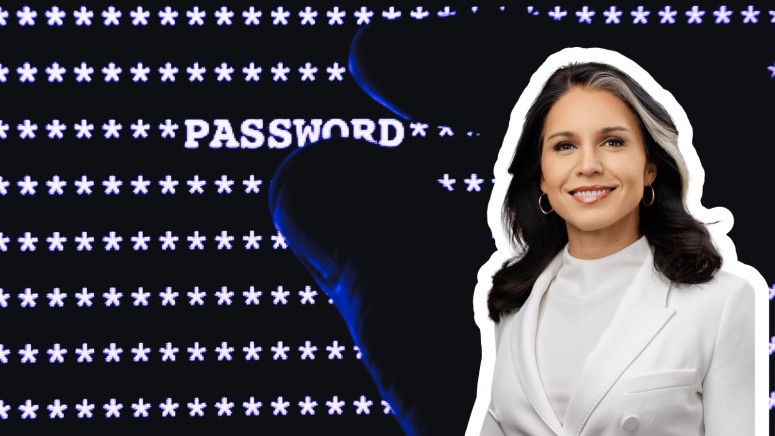
US Director of National Intelligence Tulsi Gabbard Used ‘Easily Cracked’ Passwords for Years
- Tulsi Gabbard, Director of National Intelligence (DNI), faces scrutiny over poor password practices.
- She allegedly reused a single, weak password repeatedly for multiple personal accounts spanning nearly a decade.
- That same password was used for Dropbox and LinkedIn accounts associated with the email address tied to her personal website.
The U.S. DNI is under scrutiny after a report revealed she had reused a weak password across multiple online accounts for several years. This raises questions about her adherence to cybersecurity best practices, especially considering her access to highly sensitive government information.
The records, made accessible through breached databases dating back to 2012, show that the same password was reused across accounts associated with personal emails, violating long-established best practices for online security, according to information reviewed by WIRED.
The uncovered practices expose glaring cybersecurity lapses for a leader tasked with overseeing the United States' intelligence community and protecting the nation's sensitive information.
The compromised password, containing the word "shraddha," was tied to accounts ranging from Gmail and LinkedIn to Dropbox and MyFitnessPal.
Although there is no evidence to suggest Gabbard used this password for official government accounts, the incident casts doubt on her personal adherence to the stringent security standards she oversees as head of the U.S. intelligence community.
This revelation piles on questions about Gabbard's approach to security, coming after her involvement in a Signal group chat that unintentionally exposed sensitive military intelligence to journalists.
Gabbard’s leadership as the DNI, a position that requires safeguarding the channeled operations and data of 18 intelligence agencies, has been marred by controversies, including criticism from experts, political opponents, and her Senate confirmation hearings.
Detractors, including the Democratic National Committee, have frequently pointed to her alleged ties to foreign governments, conspiracy theorists, and her 2019 statement that Syrian dictator Bashar al-Assad was "not the enemy of the United States." These disputes have fueled narratives that her appointment as DNI risks the integrity of the U.S. intelligence community.
Gabbard’s office swiftly denied any ongoing threat, stating that the breaches occurred nearly a decade ago and have since been addressed. A spokesperson also rejected the association of her password’s content with any personal affiliations, accusing critics of leveraging "bigoted lies" to undermine her credibility.










